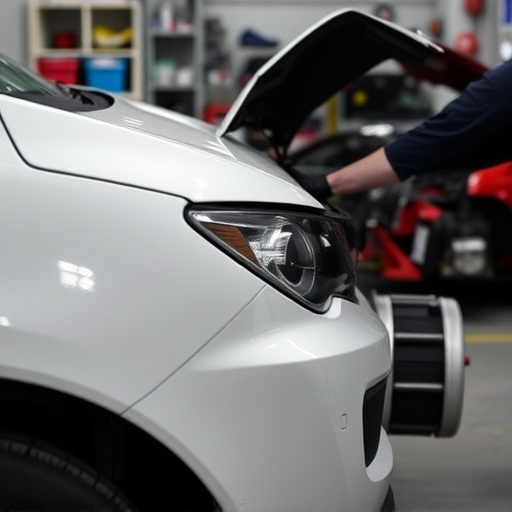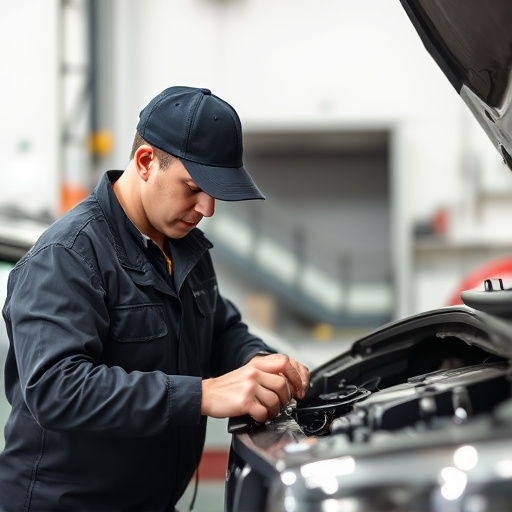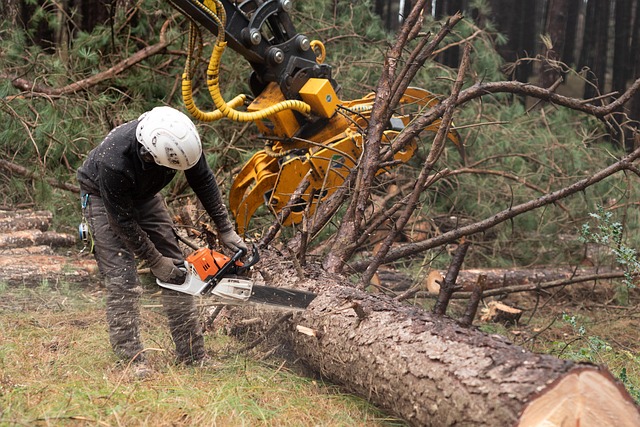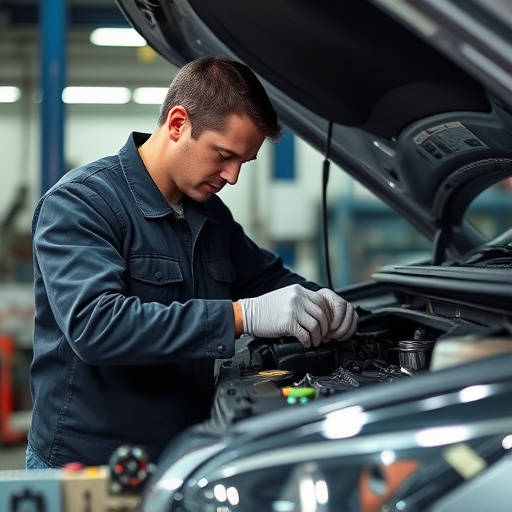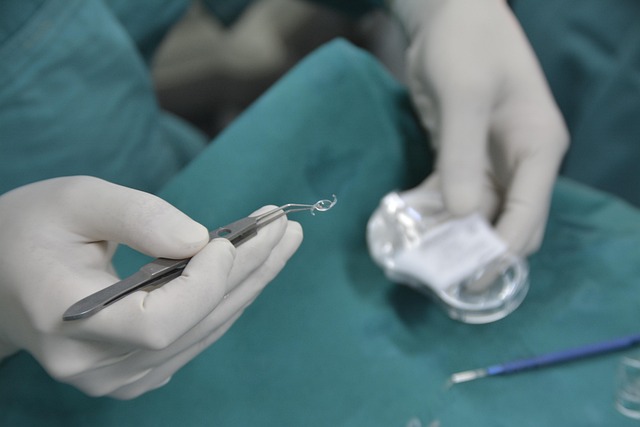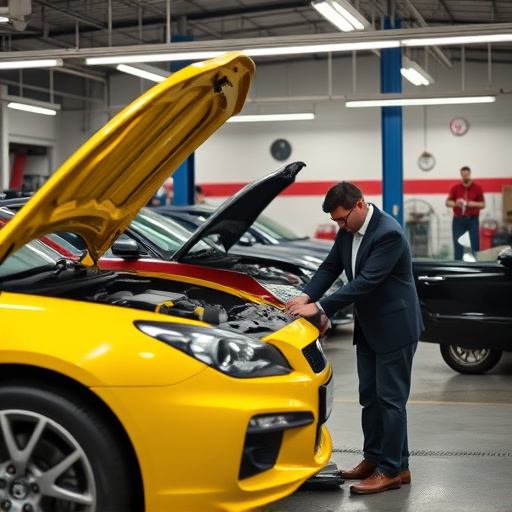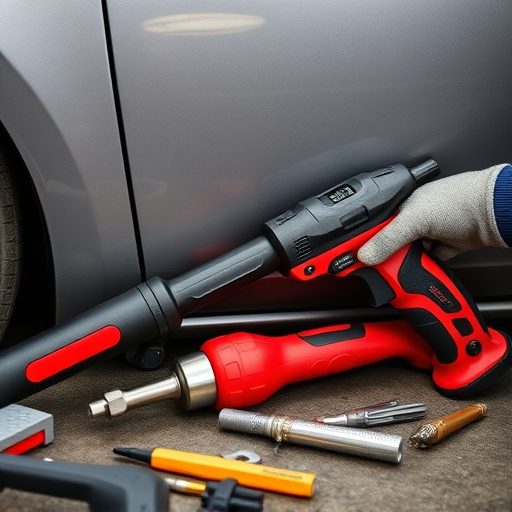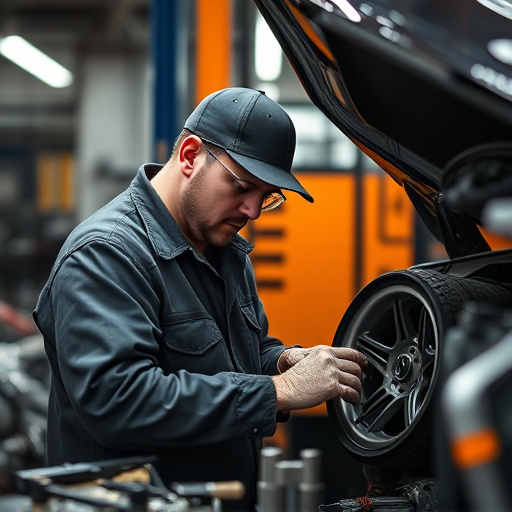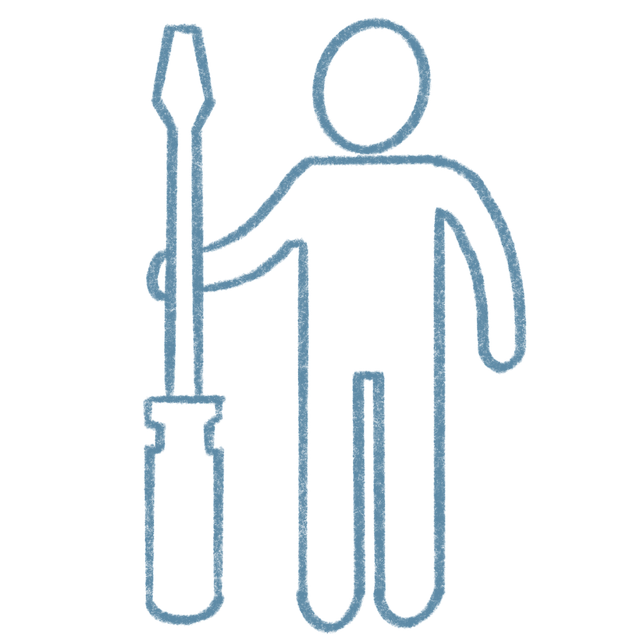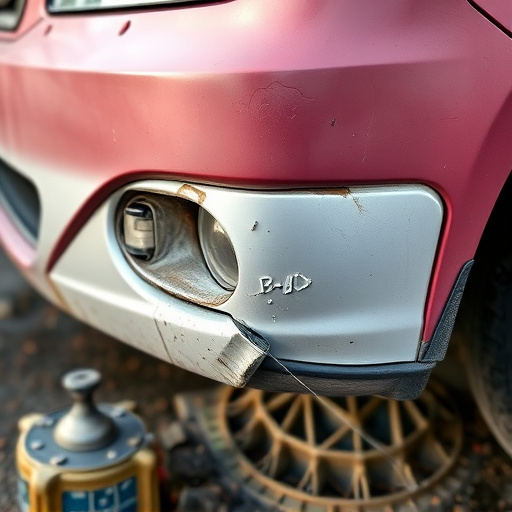Customer safety assurance is paramount in the automotive service industry, with businesses prioritizing risk management for auto glass repair and car paint services. Certifications like ICAR standards are crucial for building trust and credibility, demonstrating expertise, and encouraging repeat business through positive word-of-mouth. Adhering to strict protocols enhances peace of mind for vehicle owners, fostering a commitment to safety that minimizes risks and enhances service quality.
In today’s competitive market, establishing trust is paramount. Certifications play a pivotal role in enhancing customer safety assurance, serving as tangible tools that demonstrate commitment to quality and compliance. This article delves into the essence of customer safety assurance—the bedrock of consumer confidence—and explores how certifications act as catalysts for building trust and credibility. We’ll navigate the process, from understanding the foundation to implementing and verifying safety standards through these recognized credentials.
- Understanding Customer Safety Assurance: The Foundation
- Certifications: Tools for Building Trust and Credibility
- Implementing and Verifying Safety Standards through Certifications
Understanding Customer Safety Assurance: The Foundation
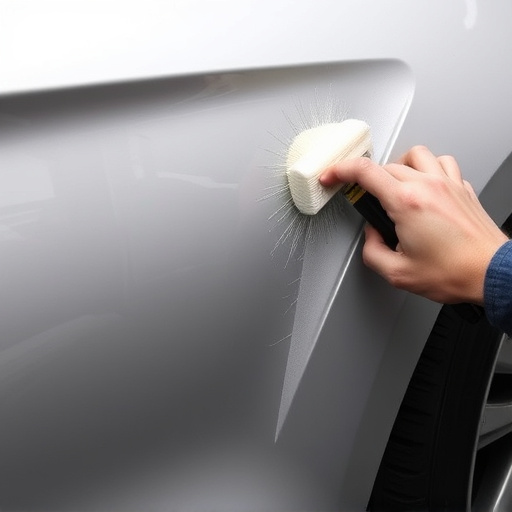
Customer safety assurance is the cornerstone of any reputable business, especially those in the automotive service industry. It involves a comprehensive understanding of potential risks and implementing robust measures to mitigate them, ensuring customers’ well-being during every interaction. This foundation is crucial for building trust and fostering long-term relationships with clients.
In the context of auto glass repair, car paint repairs, and other services, establishing customer safety assurance means adhering to strict industry standards and regulations. For instance, certified technicians performing auto glass replacement should possess specialized training in handling hazardous materials and ensuring proper disposal, while maintaining a safe workspace. Similarly, car paint repairs require certifications in using environmentally friendly paints and techniques to minimize air pollution. These certifications not only guarantee the quality of services but also demonstrate a commitment to customer safety and environmental preservation.
Certifications: Tools for Building Trust and Credibility
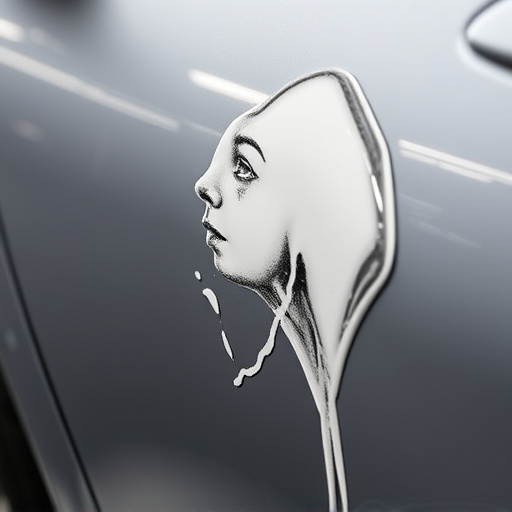
Certifications serve as powerful tools for car body shops and auto repair centers to build trust and credibility with their customers, playing a pivotal role in establishing customer safety assurance. These industry-recognized accreditations act as a promise to clients that the business adheres to specific standards, guidelines, and best practices in their respective fields. For autobody repairs or bumper repair services, certifications ensure that technicians possess the necessary skills and knowledge to handle complex tasks accurately and safely.
In the competitive landscape of car body shops, having relevant certifications can set a business apart. Customers seeking quality services are more likely to trust establishments that invest in certifying their staff and facilities. For instance, a shop specializing in bumper repair might gain customer confidence by displaying ICAR (Industry Association for Automotive Car Care) certifications, assuring clients of their expertise and commitment to staying updated with the latest repair techniques. This, in turn, fosters a positive reputation and encourages repeat business, as satisfied customers become advocates for the certified shop’s reliability and integrity.
Implementing and Verifying Safety Standards through Certifications
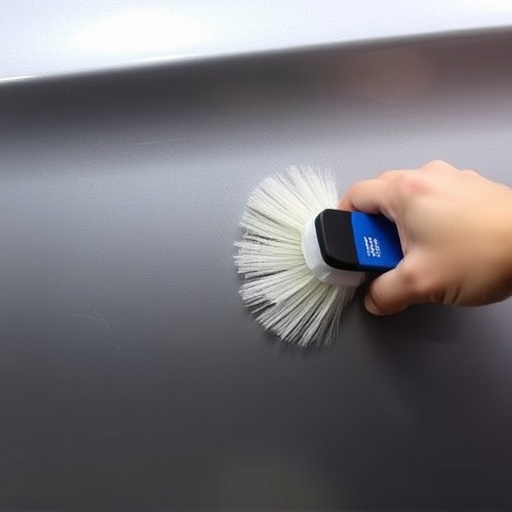
Implementing and verifying safety standards is a critical aspect of providing exceptional customer safety assurance. Certifications play a pivotal role in this process by setting clear benchmarks and guidelines for businesses, especially in industries such as fleet repair services and vehicle collision repair. When a company earns a certification, it demonstrates its adherence to these safety protocols, instilling confidence in customers.
This verification process ensures that fleet repair services and car damage repairs are carried out with the utmost care and precision. By adopting standardized practices, businesses can minimize risks and potential hazards associated with vehicle maintenance and repairs. Consequently, customers benefit from enhanced peace of mind, knowing their vehicles are in capable hands and meet the highest safety standards, be it for fleet operations or personal cars.
Certifications play a pivotal role in establishing customer safety assurance by fostering trust and credibility. By implementing and verifying safety standards, businesses demonstrate their commitment to quality and responsibility. This not only enhances customer confidence but also drives market competitiveness. Understanding and leveraging certifications is essential for any organization aiming to excel in the realm of customer safety assurance.
